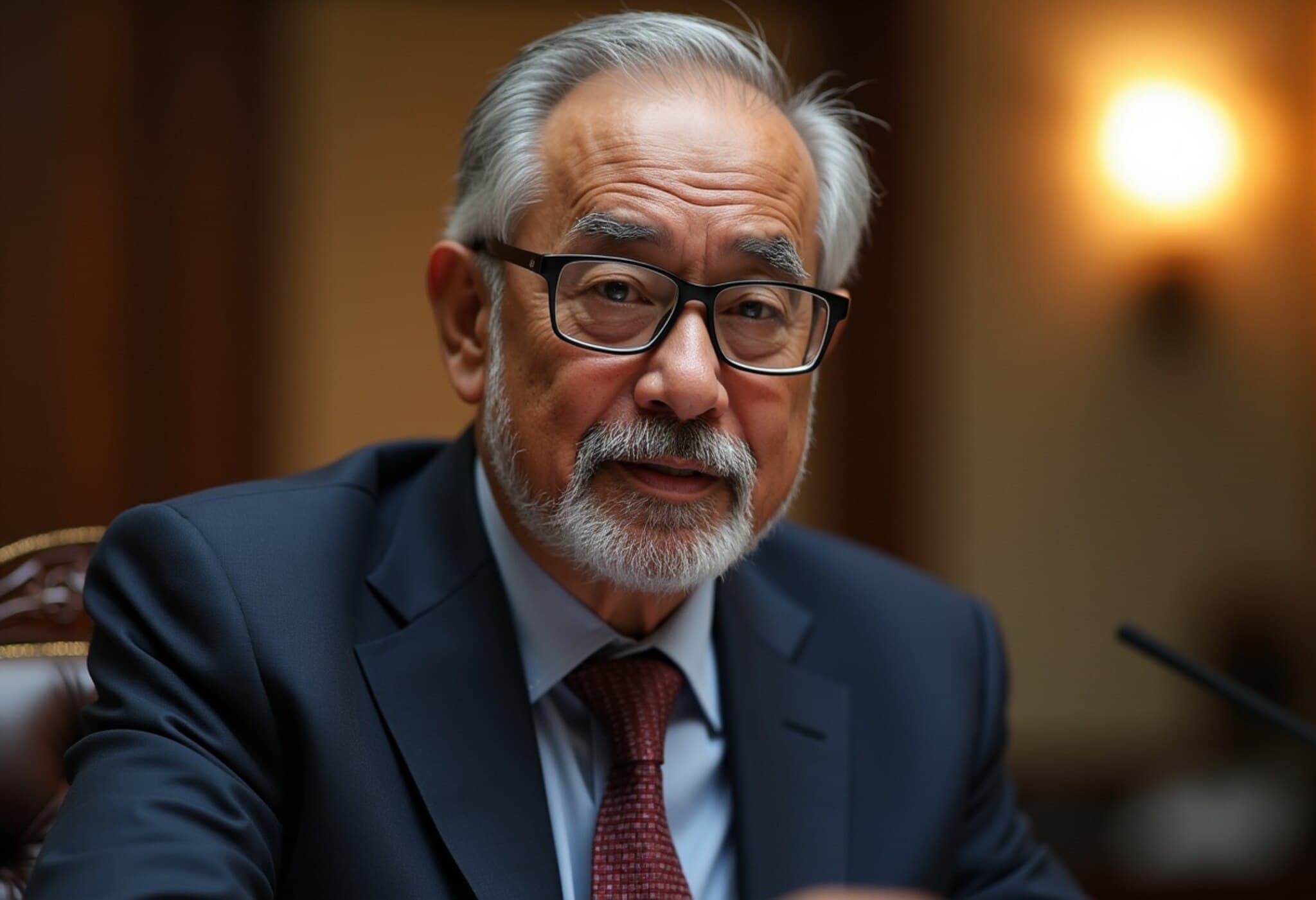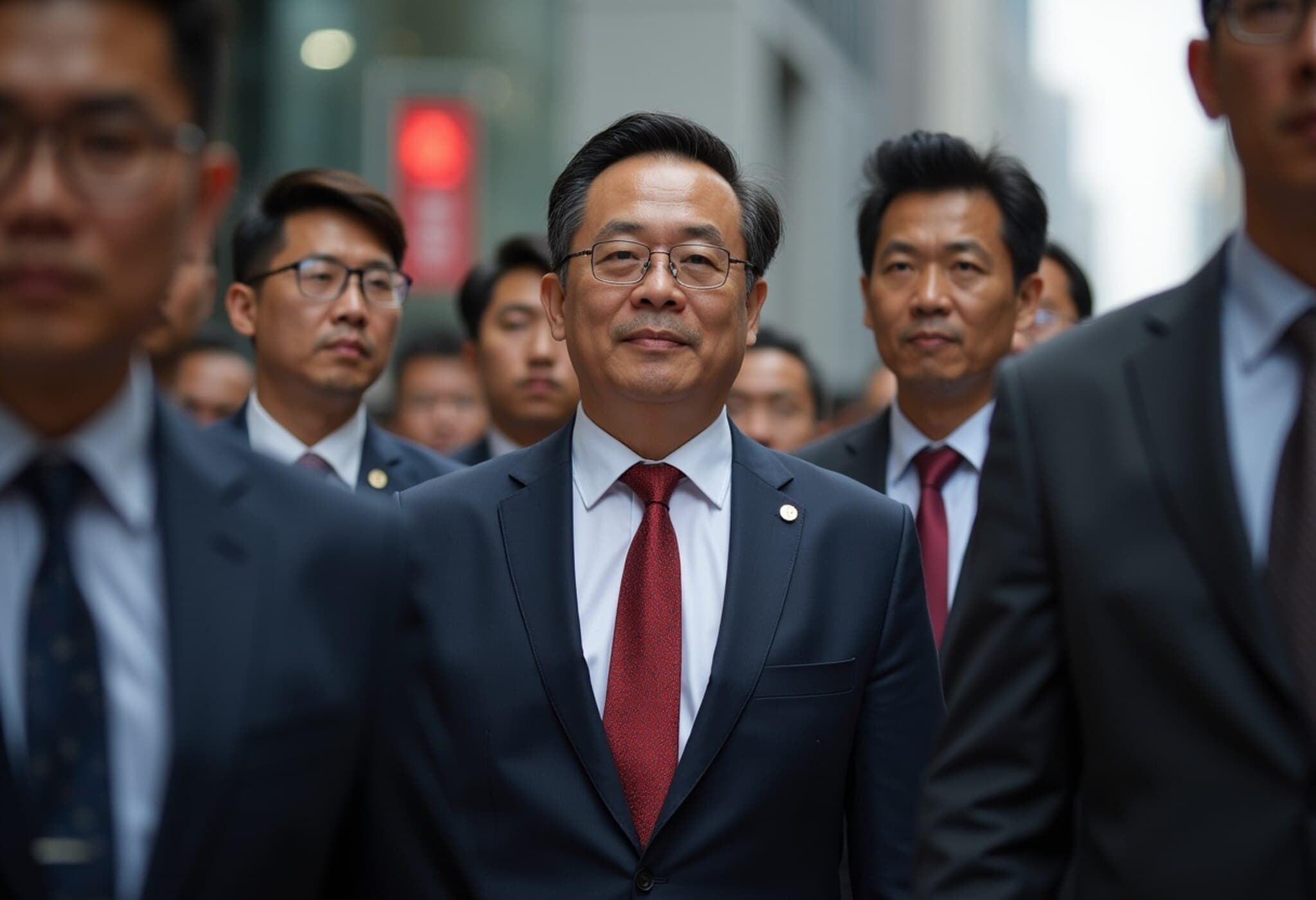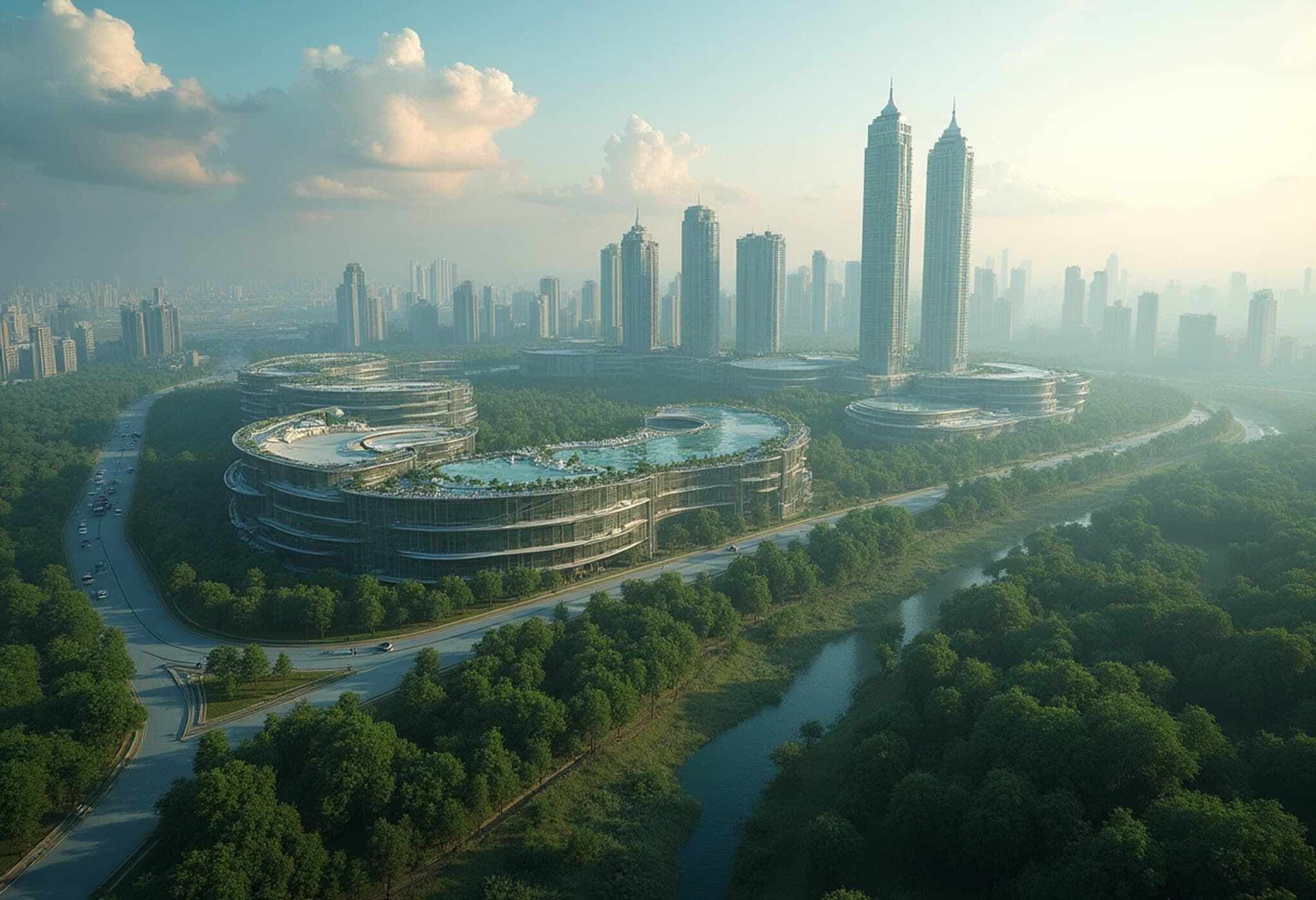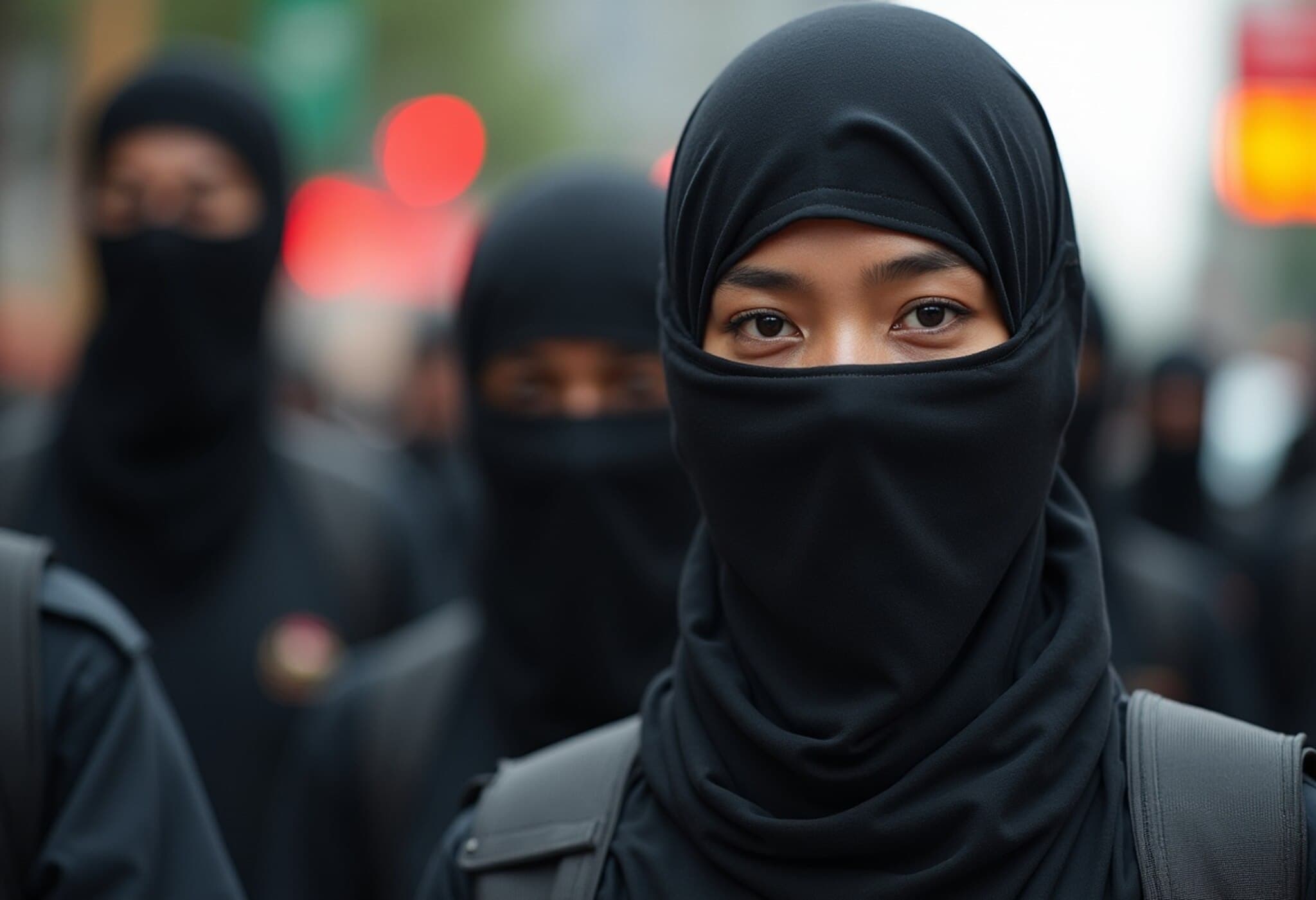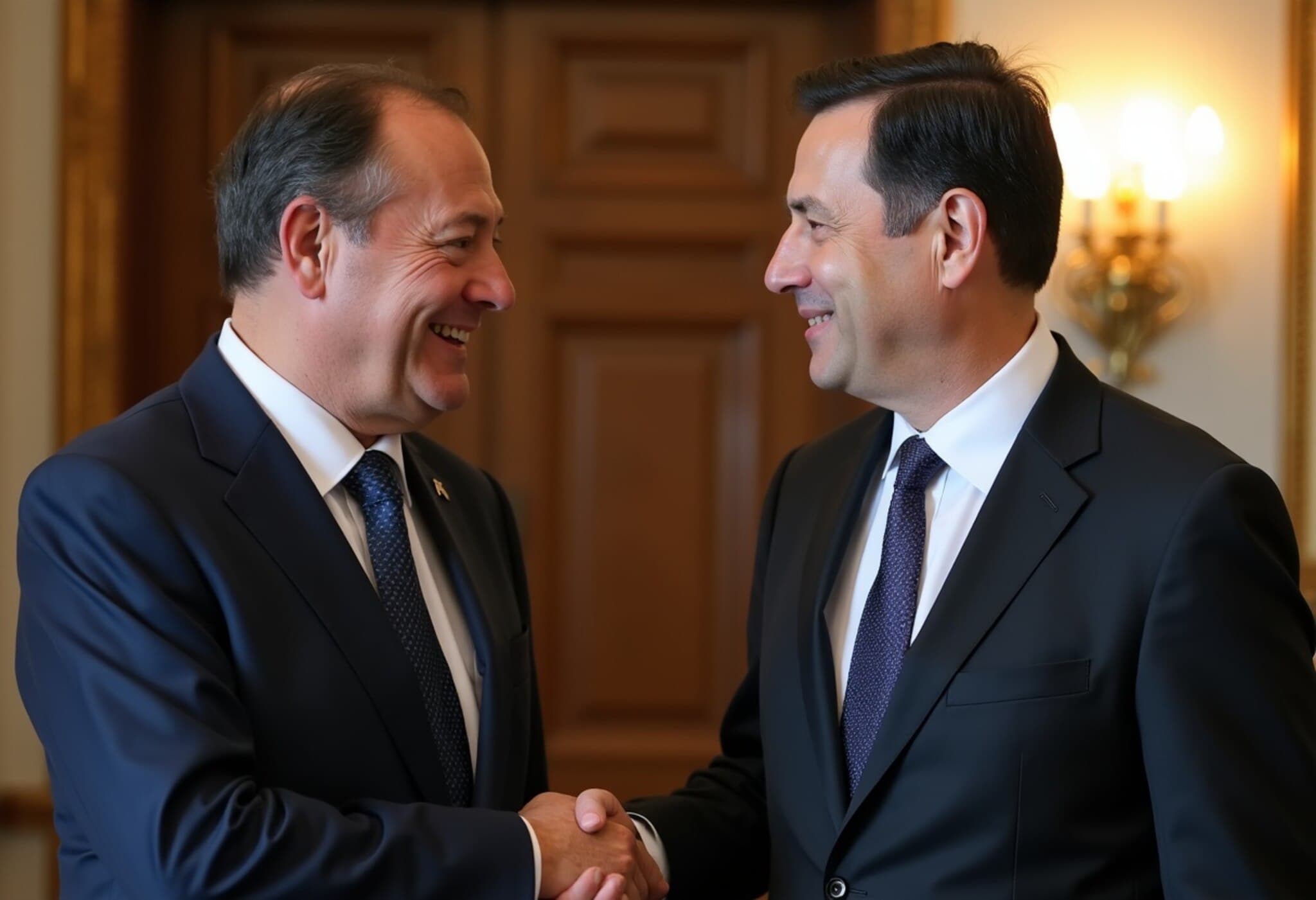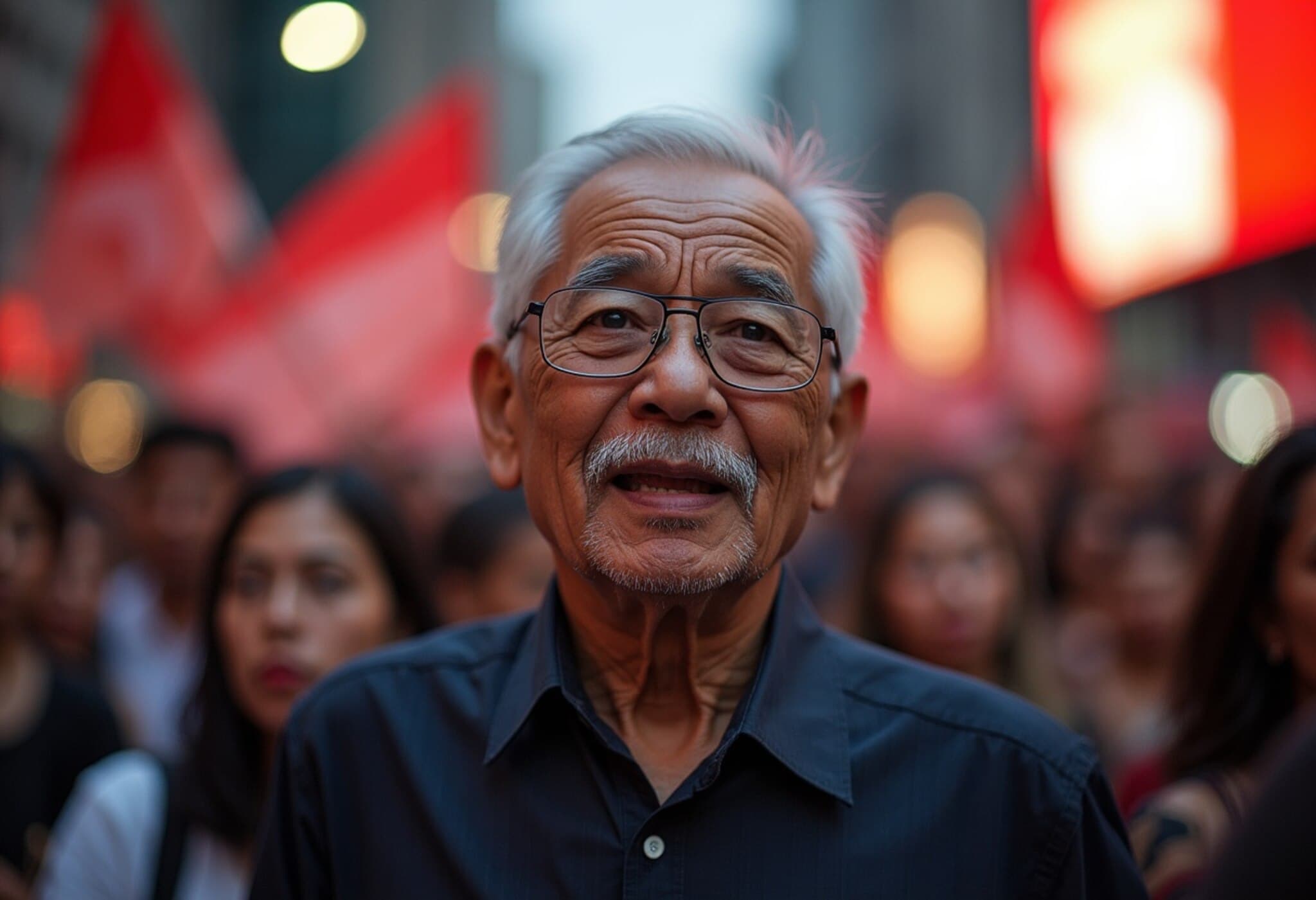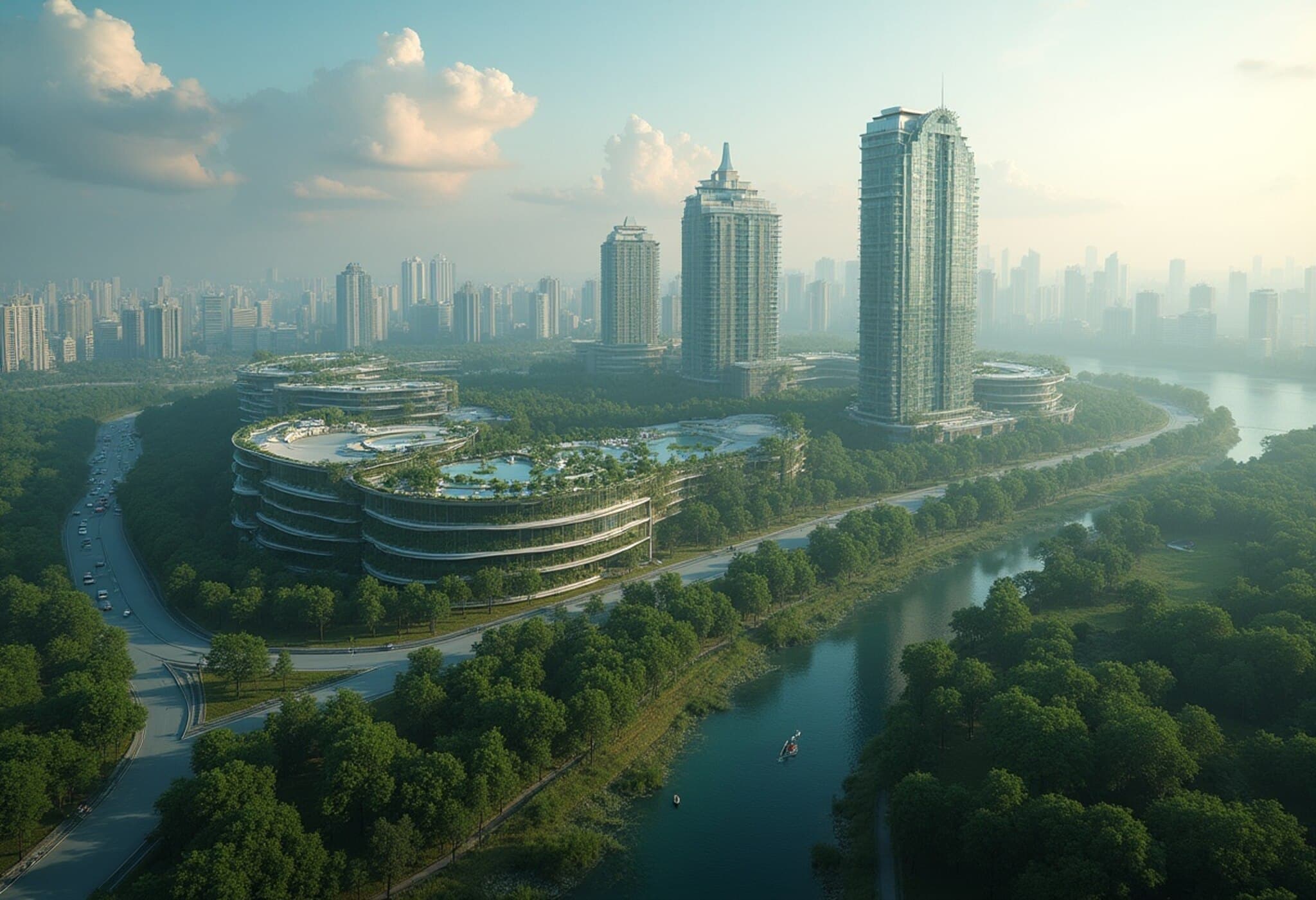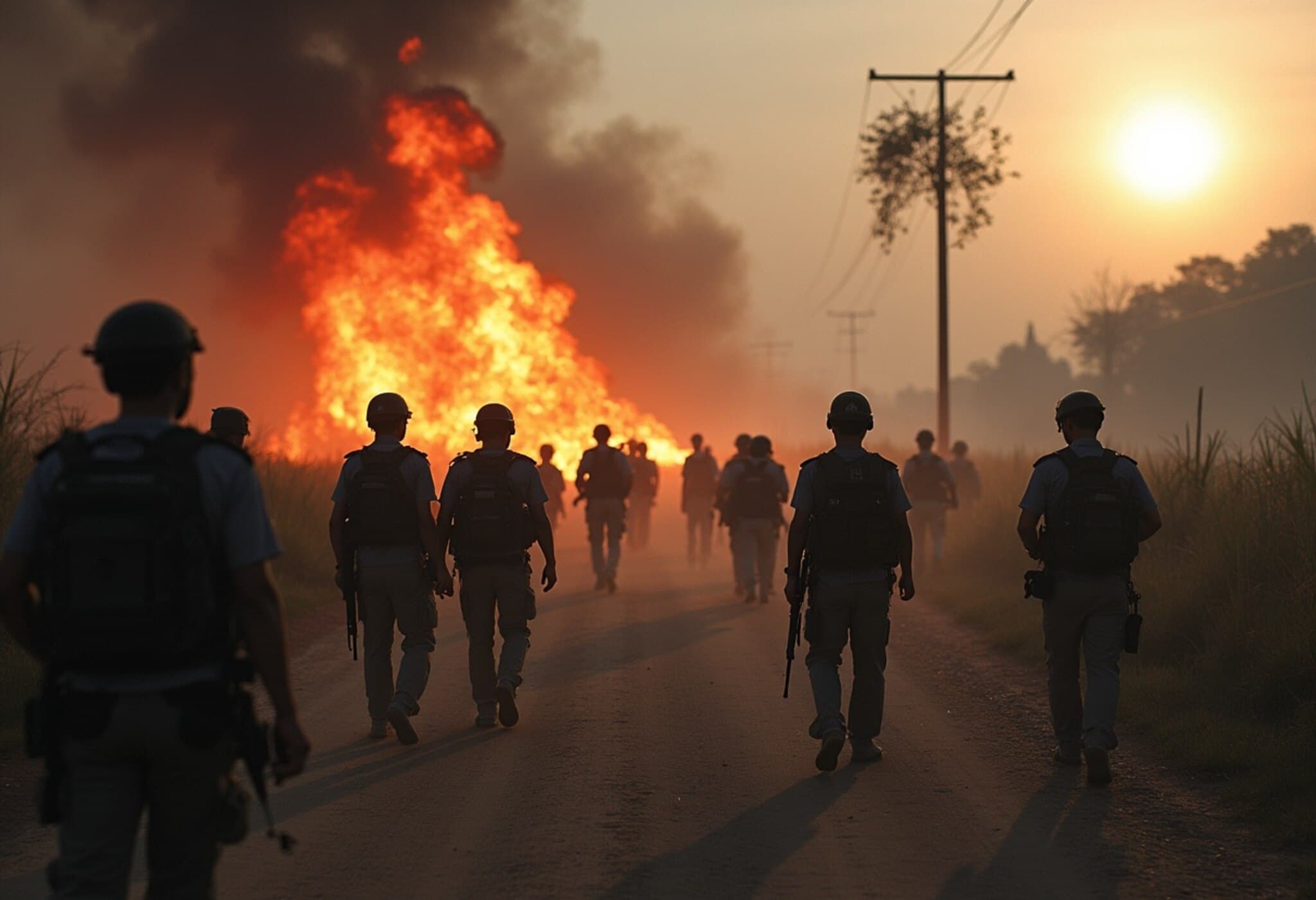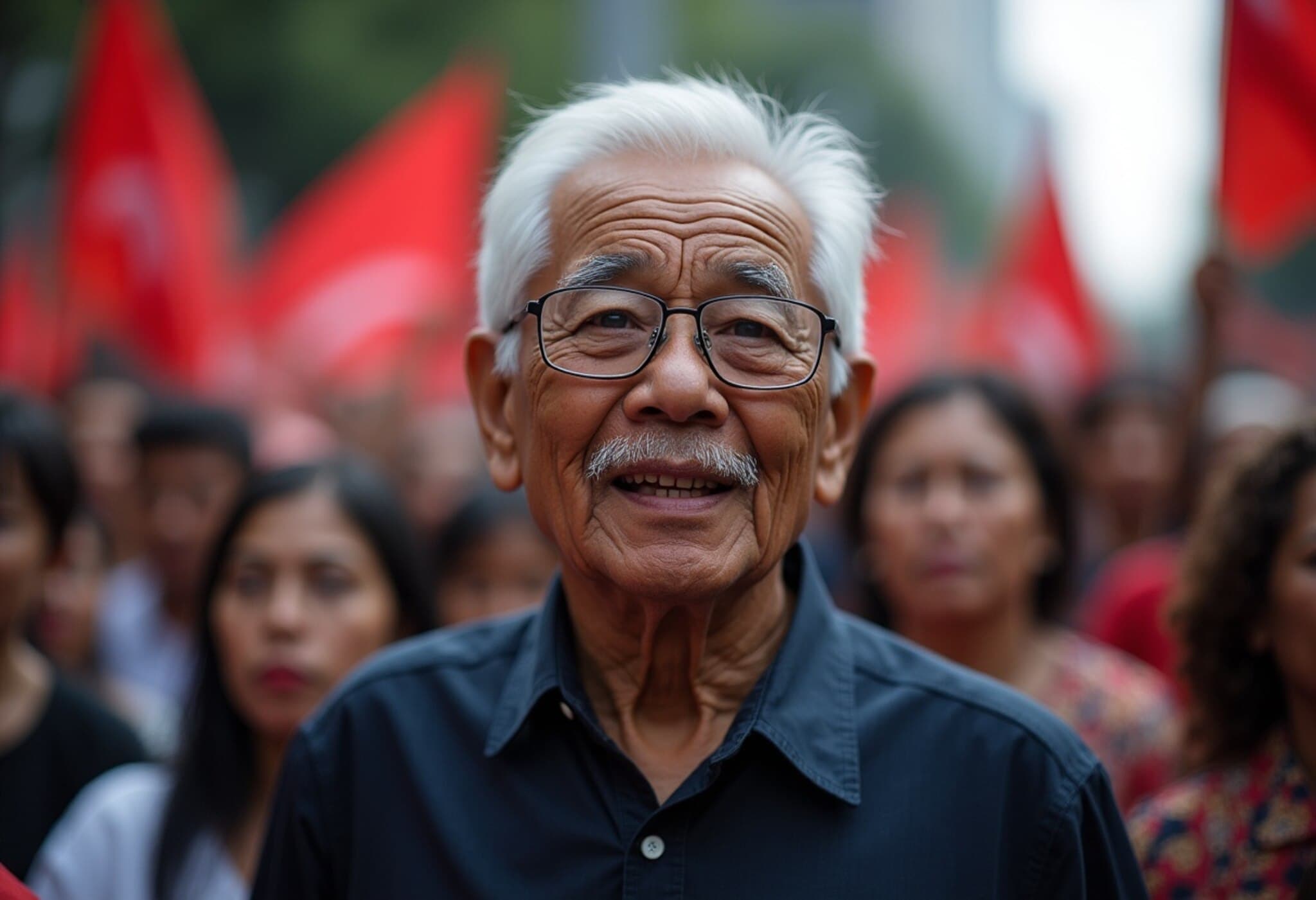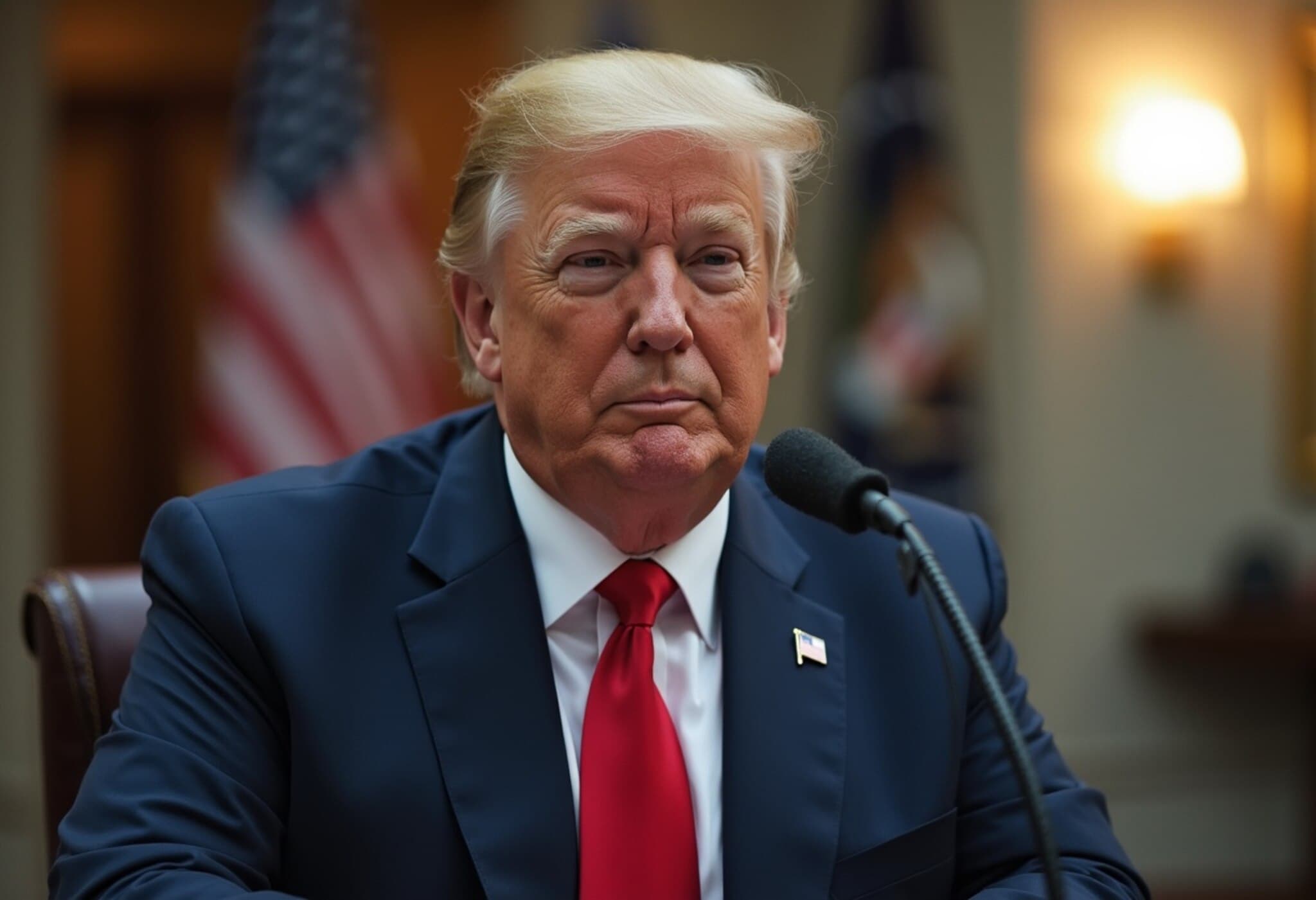Malaysia’s Court of Appeals Suspends Sexual Assault Case Against Prime Minister Anwar Ibrahim
In a significant judicial development, Malaysia’s Court of Appeal has granted Prime Minister Anwar Ibrahim a temporary reprieve by pausing an ongoing sexual assault lawsuit against him. The case, initiated by a former aide, raises complex legal questions concerning whether the nation’s constitution provides immunity to a sitting prime minister for alleged crimes committed before assuming office.
Background of the Allegations and Legal Battle
The current lawsuit stems from an allegation made in 2021 by Yusoff Rawther, who served as a research assistant to Anwar Ibrahim. Rawther accuses the prime minister of sexual assault purportedly occurring in October 2018 at Ibrahim’s Kuala Lumpur residence. Ibrahim has consistently denied all accusations.
This case is unfolding amid Ibrahim’s ongoing appeal against a lower court’s decision seeking judicial clarity on the scope of a prime minister’s immunity, particularly regarding actions undertaken both before and during their tenure. A ruling in this case could set a precedent for how Malaysian constitutional law interprets political immunity.
The Shadow of Previous Sodomy Convictions and Political Controversies
Anwar Ibrahim’s political and legal journey has long been tumultuous. Historically, he has faced multiple criminal charges, notably two high-profile sodomy convictions. These earlier cases bear strong political undertones, with many observers arguing they were attempts to thwart his political ascent.
- 1998: While serving as Deputy Prime Minister, Ibrahim was dismissed amid allegations of corruption and sodomy.
- 1999-2000: Convicted on corruption and sodomy charges; sentenced respectively to six and nine years. His 2000 sodomy conviction was later overturned in 2004 by Malaysia’s Federal Court.
- 2008-2014: Faced fresh sodomy allegations from another former aide, Mohd Saiful Bukhari Azlan. After initial acquittal in 2012, an appellate court reversed the verdict, sentencing him to a five-year term in 2014. Ibrahim was pardoned and released in 2018 following a political shift in government.
This pattern of legal challenges against Ibrahim has fueled a widespread belief among many Malaysians and international observers that such charges are often wielded for political suppression, especially given Malaysia’s legal framework which continues to criminalize homosexuality under sodomy laws.
Legal Immunity: Constitutional or Political Shield?
The latest appeal now hinges on whether the Malaysian Prime Minister should be shielded legally from prosecution for offenses alleged to have taken place prior to serving in office. This touches on broader questions about separation of powers, the independence of the judiciary, and the protection of individual rights in the face of political authority.
Analysts note that resolving this legal ambiguity is critical not only for Ibrahim’s political future but also for reinforcing the rule of law in Malaysia’s young democracy. If immunity extends to pre-office conduct, it may set a controversial precedent potentially safeguarding political elites from criminal liability. Conversely, denying immunity could affirm accountability for officials and uphold legal equality before the law.
Human Rights and Societal Implications
Outside the legal arena, this case sheds light on Malaysia’s broader social landscape. Homosexuality remains criminalized under Section 377A of the Malaysian Penal Code, and allegations involving sodomy often carry a strong societal stigma.
The repeated use of such charges against political figures like Anwar Ibrahim invites critical debate about the intersection of law, human rights, and political contestation. Human rights advocates argue these laws are weaponized to silence dissent and marginalize vulnerable groups.
Expert Perspective
Legal experts emphasize the delicate balance Malaysia must strike between protecting constitutional officeholders and upholding justice. Professor Zainal Abidin, a constitutional law scholar, explains: "The judiciary's interpretation of immunity will either reinforce the integrity of public office or risk creating legal loopholes favoring impunity. It’s a test of Malaysia’s democratic maturity."
What’s Next?
The Court of Appeal’s decision to pause the case creates breathing room for ongoing constitutional debates but prolongs uncertainty for all parties involved. As Malaysia watches keenly, the outcome promises to reverberate through its politics, legal system, and society broadly.

